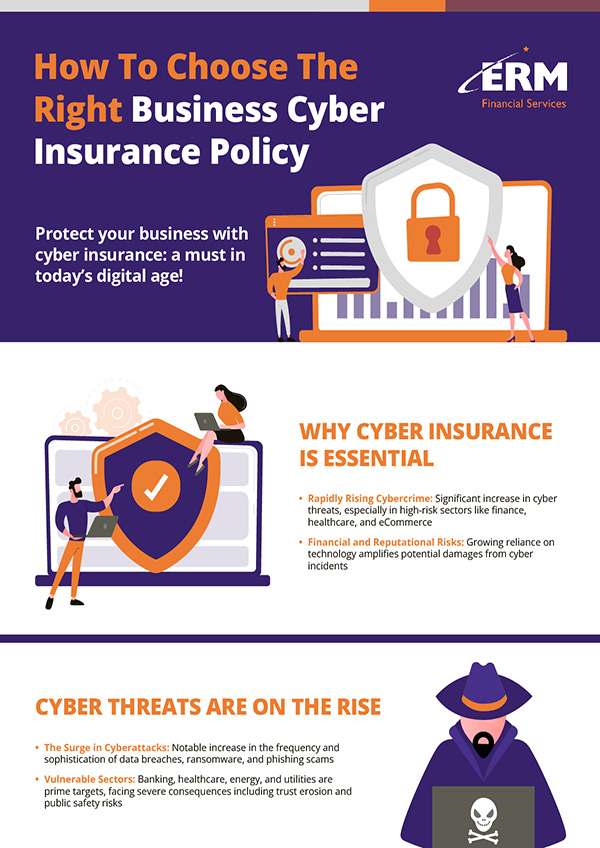In today’s interconnected world, businesses face an ever-growing array of cyber threats—from data breaches and ransomware attacks to sophisticated phishing schemes. Cyber insurance has emerged as a critical component in safeguarding organizations against the financial repercussions of such incidents.

???? What Is Cyber Insurance?
Cyber insurance, also known as cyber liability insurance, is a specialized policy designed to help businesses manage the financial fallout from cyberattacks and data breaches. It typically covers expenses related to data recovery, legal fees, public relations efforts, and regulatory fines. Policies may also include first-party coverage (direct losses to the insured) and third-party coverage (liabilities to others affected by the breach)
????️ Why Do You Need It?
The digital landscape has expanded the attack surface for cybercriminals. Small and medium-sized enterprises (SMEs) are increasingly targeted due to often having less robust cybersecurity measures. In fact, 43% of cyberattacks are aimed at small businesses, and 60% of those businesses close within six months of a breach
Without cyber insurance, the financial burden of a cyber incident—covering data restoration, legal liabilities, and reputational damage—can be overwhelming. For example, the 2011 Sony PlayStation Network breach resulted in over $171 million in costs, a sum that could have been mitigated with appropriate cyber coverage
???? What Does Cyber Insurance Cover?
Cyber insurance policies vary, but they generally include:
- Data Breach Response: Costs associated with notifying affected individuals, providing credit monitoring, and managing public relations.
- Legal Expenses: Defense costs and settlements arising from lawsuits related to the breach.
- Regulatory Fines: Penalties imposed by authorities for non-compliance with data protection laws.
- Business Interruption: Losses due to downtime or disruption of services.
- Cyber Extortion: Ransom payments and associated costs in the event of ransomware attacks .
???? Who Should Consider Cyber Insurance?
Virtually every organization that handles digital data should consider cyber insurance, including:
- Small and Medium-Sized Businesses: Often lack comprehensive cybersecurity infrastructure, making them attractive targets.
- Healthcare Providers: Manage sensitive patient information and are subject to strict regulatory requirements.
- Financial Institutions: Store vast amounts of personal and financial data, making them prime targets for cyberattacks.
- Educational Institutions: Hold personal and academic records of students and staff.
- Retailers: Process customer payment information, making them susceptible to data breaches .
⚠️ What’s Not Covered?
While cyber insurance offers extensive protection, certain scenarios may be excluded:
- Nation-State Attacks: Cyberattacks attributed to government-sponsored entities may be excluded.
- War and Terrorism: Damage resulting from acts of war or terrorism is typically not covered.
- Employee Fraud: Losses due to fraudulent activities by employees may not be included.
- Unapproved Third-Party Vendors: Incidents arising from third-party vendors not vetted by the insured may be excluded .
???? Tips to Lower Premiums
To reduce cyber insurance premiums:
- Implement Robust Cybersecurity Measures: Adopt multi-factor authentication, regular patching, and employee training.
- Develop an Incident Response Plan: Demonstrating preparedness can lead to lower premiums.
- Regular Security Audits: Conduct vulnerability assessments and penetration testing.
- Data Encryption: Encrypt sensitive data to mitigate potential losses.
- Vendor Risk Management: Ensure third-party vendors adhere to security standards .